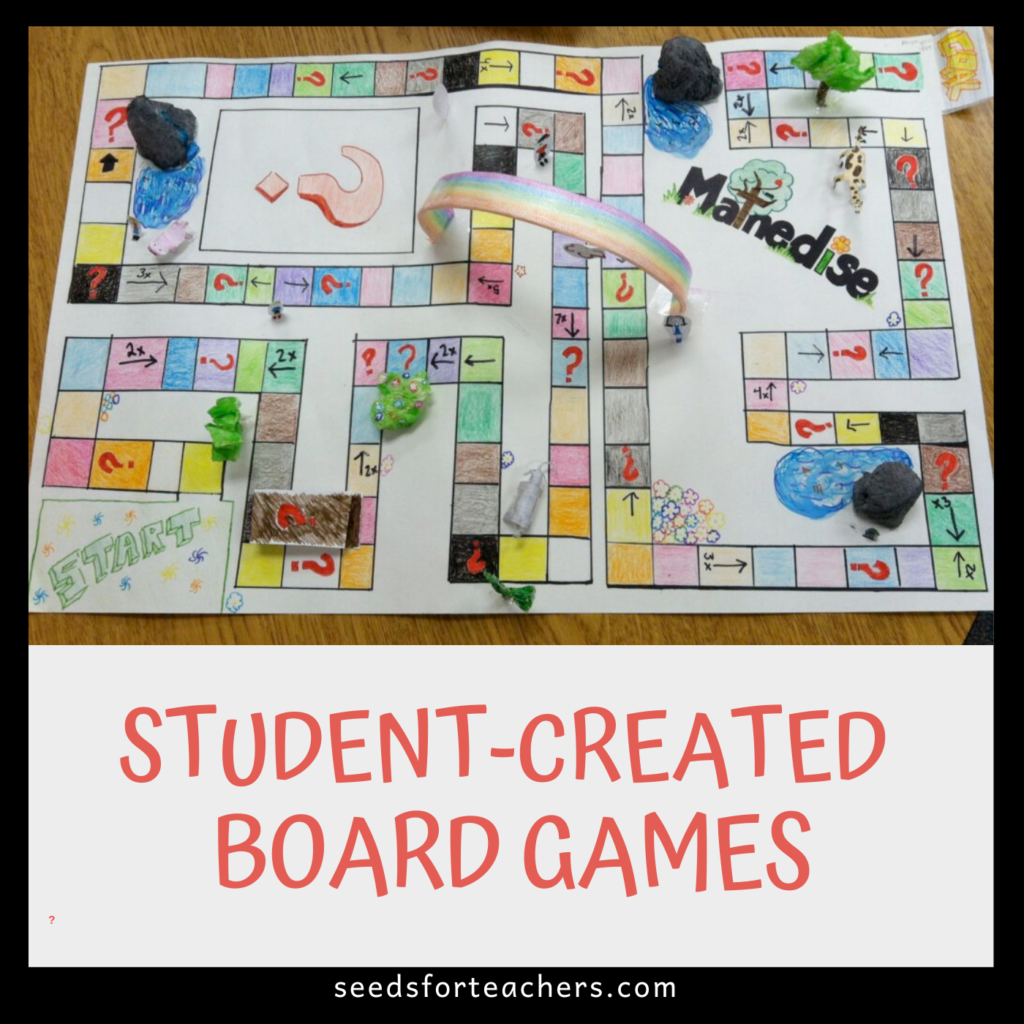Whole-class discussions can encourage students to learn from one another and to talk about content in their own words. In a previous post I mentioned 5 tips for Leading a Great Discussion. Today I want to dive deeper into one of those tips. If you’ve ever wondered how to make your class discussions go from good to great, keep reading.
Begin By Giving Students A Chance to Observe/Research The Topic
This is perhaps the biggest difference I’ve found between good discussions and GREAT discussions. So often teachers will start a discussion by asking their students a question and then immediately expecting responses to come and the discussion to get started. However, great discussions stem from students having researched/observed something beforehand in order to get more background knowledge and insight.
Let me give you this example. A teacher I observed was discussing the question “How do scientists improve our world?” She started by asking students to name different scientists they knew. They named things like chemist, archeologist, biologist. She asked for a few brief examples of how those scientists improved our world. Then, they divided up into groups to create a poster answer the question “how do scientists improve our world?”. As I went around to listen to the groups, I realized their discussions were quite shallow. One group was talking about archeologists (they thought archeologists study dinosaur bones, which isn’t actually even correct). When I asked how they improved our world, the student simply responded “so we know what dinosaurs looked like”. Ok, technically that is true but I wondered shouldn’t there be more impact paleontologists make?
Another group of students in the class were talking about astronauts. They said astronauts improve our world by “teaching us about what space looks like”. Again, true. But astronauts do more than that. I told them that right now astronauts are exploring Mars and that very soon they plan to take a team of astronauts to Mars to research if it is a place humans could live one day. I asked the group, why do you think astronauts are researching other planets for us to live on? They weren’t sure. So I asked them what problems we have on Earth now (overpopulation in some places, lack of food, drought, war etc were all named). They soon connected the dots and realized that if Earth becomes a place that isn’t safe for humans to keep living on, we would need a new planet to go to. Wow, what a deep impact astronauts would have in that case!
You see, when the teacher posed this question to her students and immediately began seeking responses, everything the students discussed had to come from their previous, limited knowledge about different scientists. The discussion could only go so deep because their previous knowledge only went so deep.
An alternative could have been for the teacher to show pictures, or words of scientists students may not have come across before (marine biologist, geologists, astronomers, physicists) and have the students look up what these scientists do. This automatically widens their knowledge of different types of scientists.
Another trick could be to start the discussion briefly and give students time to research once someone in the class brings up an interesting idea. Let’s say you ask students what scientists they can name and one student names “a geologist”. You can tell all the other students are looking at the student wondering “what is a geologist”. At this point, you could pause and highlight that answer (this is one of my tips for Leading Classroom Discussions). Have all the students look up what a geologist does and how they improve the world.
Other posts to check out:



